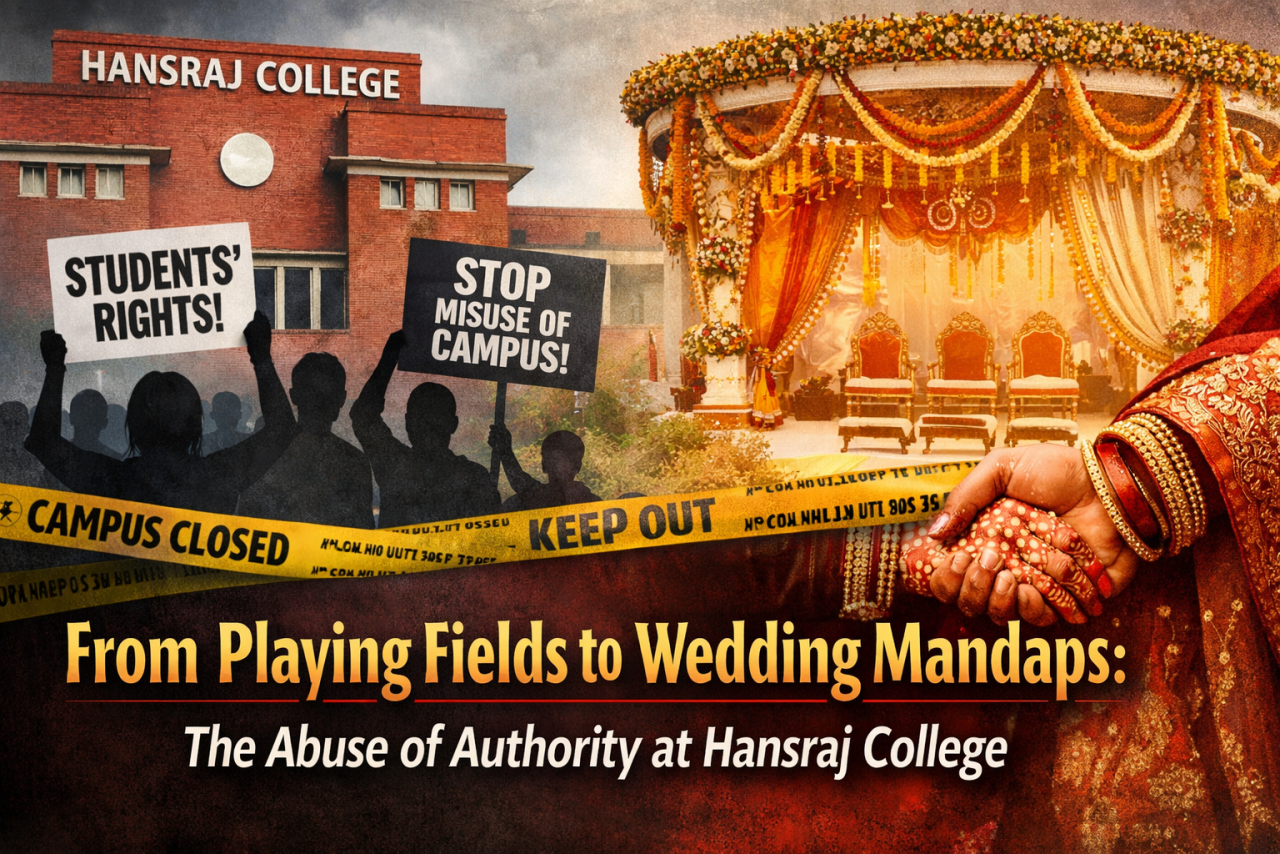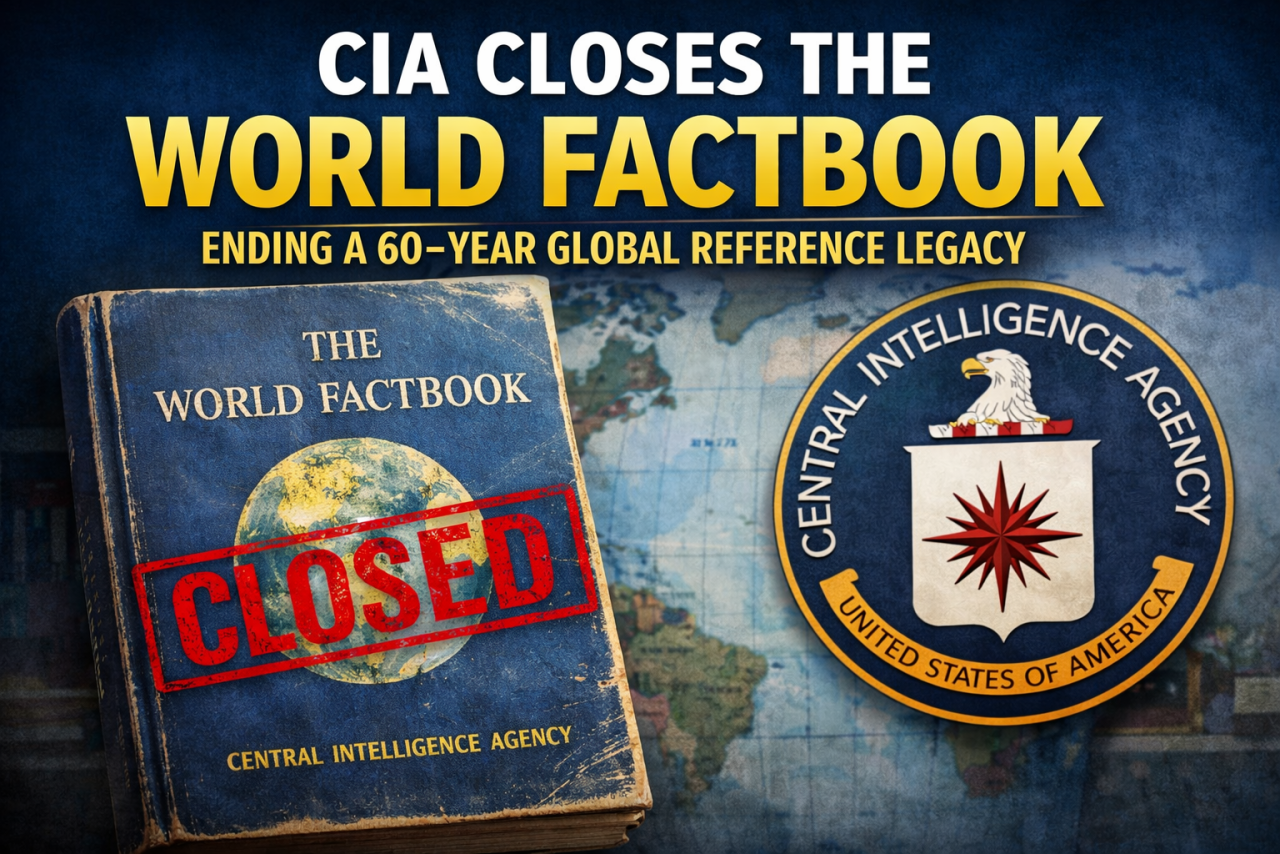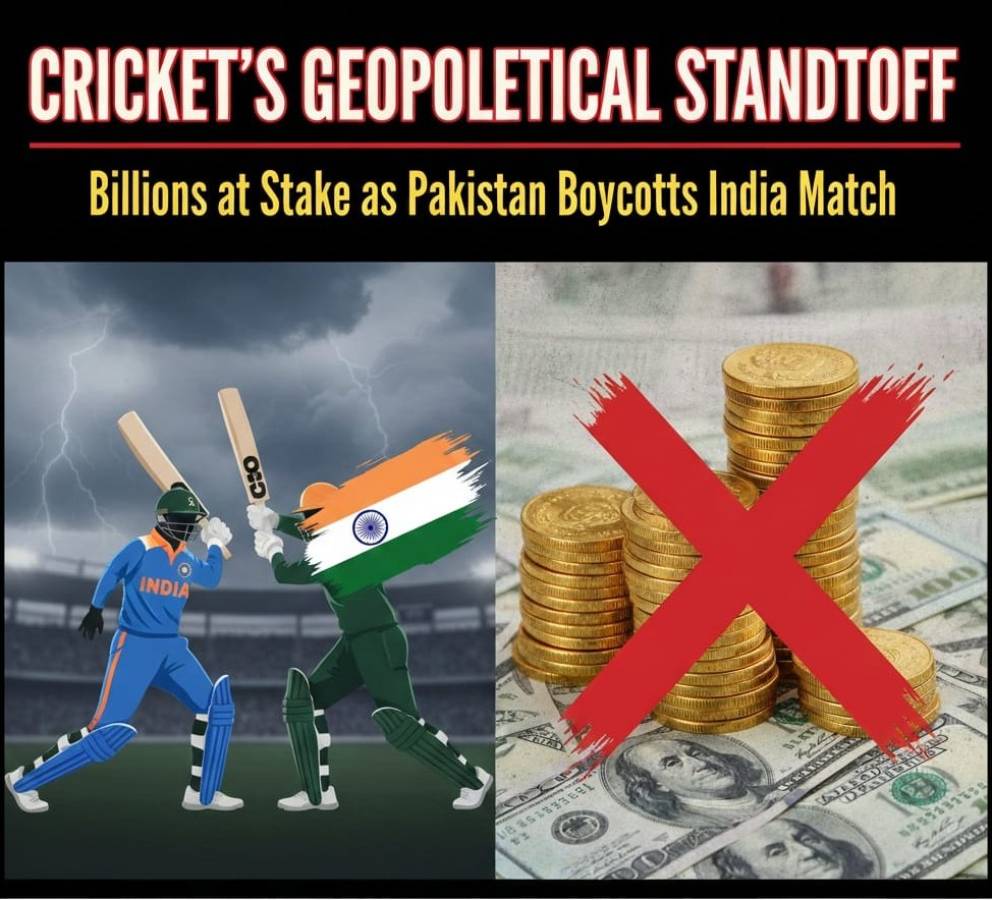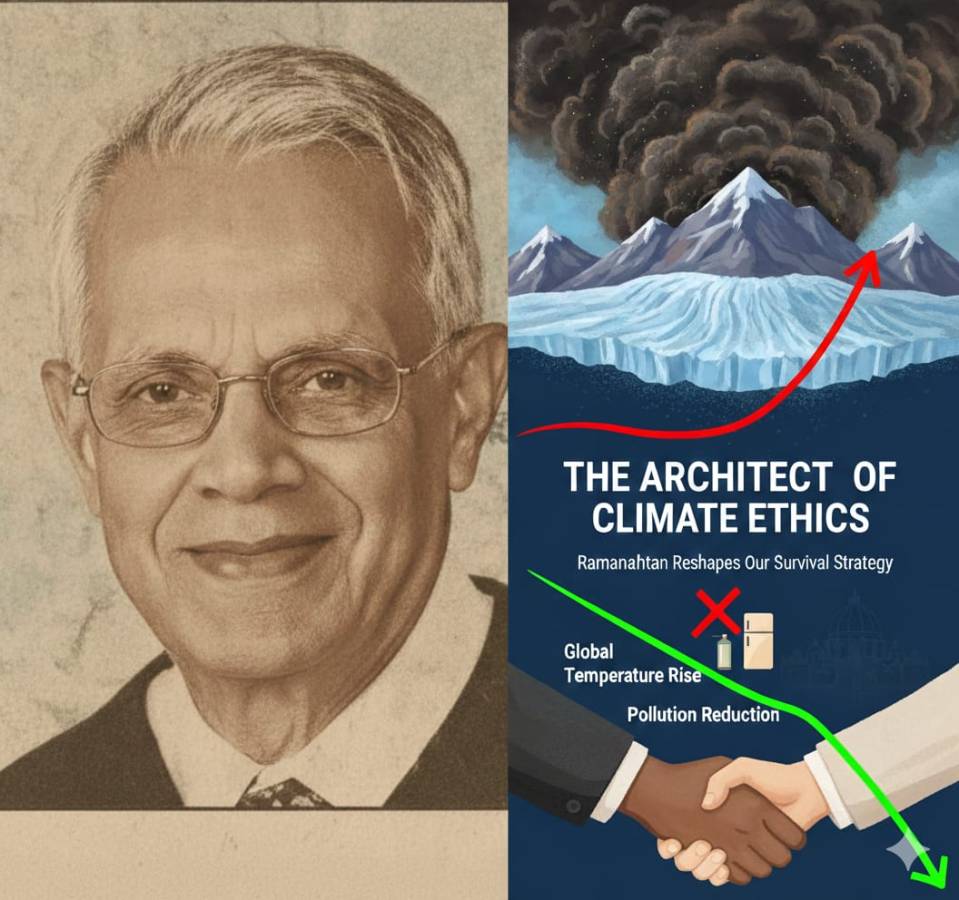
As India mourns, Pakistan postures—and the world watches a familiar script play out once more.
On April 22, 2025, five armed militants launched a brutal attack in Baisaran Valley near Pahalgam, resulting in the deaths of 26 individuals—25 Hindu tourists and a local Muslim pony operator who tried to stop the assailants. The attackers, identified as members of the Lashkar-e-Taiba, selectively targeted victims based on religion. It was the deadliest civilian massacre on Indian soil since the 2008 Mumbai attacks.
The dust of the Pahalgam tragedy has barely settled. Twenty-six innocent lives lost in a cowardly terrorist strike have left a nation grieving—and furious. Yet across the western border, there’s no whisper of condolence, no flicker of remorse, and certainly no hint of accountability. Pakistan’s studied silence has now evolved from diplomatic caution into damning complicity.
The Silence That Screams: Pakistan’s Ominous Non-Reaction
It is customary—even between bitter adversaries—for heads of state to express condolences when civilians are massacred. After all, terrorism knows no flag. But Islamabad’s silence after Pahalgam is neither accidental nor unprecedented. It is, in fact, the most telling indicator of intent.
The complete absence of even a token regret from Pakistani officials strongly suggests that the perpetrators were not “rogue actors” or “non-state elements” as Islamabad often claims. Instead, this silence implies either tacit approval or direct orchestration by Pakistani military and intelligence elements—an old pattern replaying itself with chilling precision.
Troop Movements Along the LoC: Deterrence or Deception?
India’s military intelligence has flagged disturbing signals: increased troop deployments, artillery repositioning, and elevated surveillance activity along the Line of Control. While Pakistan’s official machinery continues to deny any hostile intention, the visible mobilization suggests otherwise.
Here lies the irony. It is not India—the victim—that is rattling sabres. It is Pakistan, the unrepentant neighbor, now posturing as the aggrieved party. In a diplomatic sleight of hand, Islamabad is trying to invert the narrative, painting itself as a besieged nation fearing Indian retaliation while conveniently ignoring the fundamental question: Who planned the Pahalgam killings?
From Denial to Diplomacy: Pakistan’s Global PR Tour
Instead of introspection or investigation, Pakistan’s Foreign Minister has embarked on a whirlwind diplomatic tour—from Ankara to Beijing, Riyadh to Doha—soliciting sympathy and protection from what it fears will be India’s global diplomatic offensive.
The hypocrisy is staggering. A nation long accused of harboring terrorists now markets itself as a victim of international isolation. But this frantic lobbying also exposes something deeper: Islamabad knows the Pahalgam attack crossed a red line. It is bracing not for war—but for a reckoning.
Meanwhile, India has begun leveraging its formidable diplomatic capital. From Washington to Paris, it is presenting a watertight case: that the Pahalgam massacre is not merely a terrorist attack—it is a proxy war. Pressure is mounting on Pakistan to answer uncomfortable questions about its terror infrastructure, infiltration corridors, and its long history of exporting jihad across the eastern border.
A Calculated Strategy or a Desperate Gamble?
There are two plausible scenarios:
- Pakistan orchestrated the attack—a strategic gamble designed to provoke India into a misstep, and then claim victimhood before the global community.
- Elements of Pakistan’s deep state acted independently, leaving the civilian government either in the dark—or too weak to stop them.
Either way, the burden of proof is now on Pakistan. Its silence, military activity, and diplomatic overdrive only strengthen the suspicion of complicity.
India’s Response: Beyond the Battlefield
To its credit, India has not acted impulsively. It is opting for patient power-play—building coalitions, sharing intelligence, and calling for punitive measures against Pakistan at the UN, FATF, OIC, and beyond.
What India seeks is more than justice for Pahalgam—it seeks a systemic takedown of the terror infrastructure that made such attacks possible. From cross-border launchpads to financial lifelines, India is exposing Pakistan’s shadow war—brick by brick, cell by cell. It is a war waged not in uniform, but in silence, subterfuge, and martyrdom tourism.
Conclusion: History Repeats, Louder Each Time
Pahalgam may well be more than just another name in India’s long roll call of grief. It may become the tipping point—the moment when the world finally stops indulging Pakistan’s double game: talking peace by day, sheltering terrorists by night.
As India mourns, it also sharpens its resolve. The era of strategic patience may soon give way to calibrated retaliation—militarily, diplomatically, and economically. If Pakistan believes it can provoke without consequence while playing victim on the world stage, it may soon learn what happens when global tolerance snaps.
Because this time, the silence after the screams may not be calm.
It may be the thunder before a global reckoning.





















